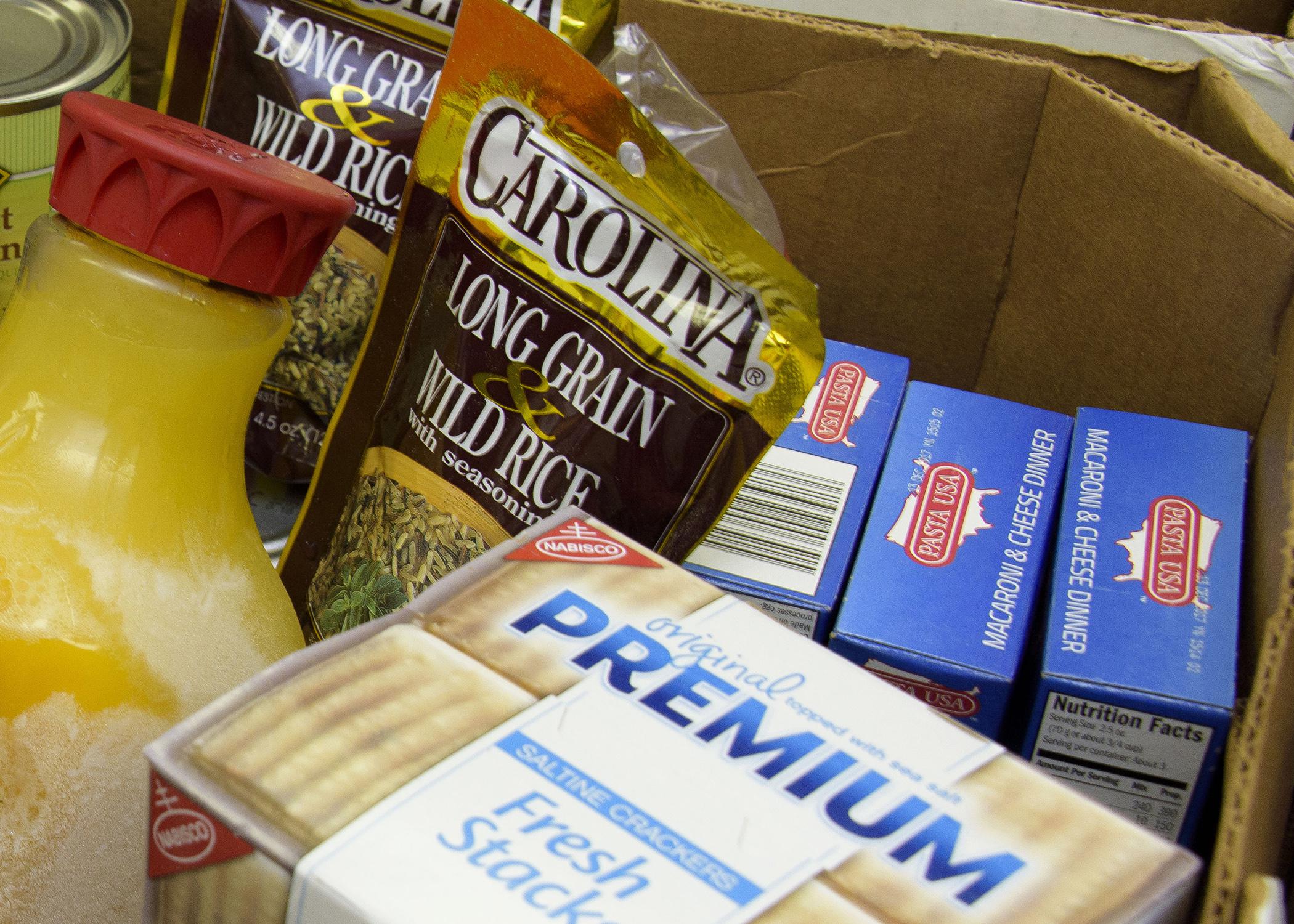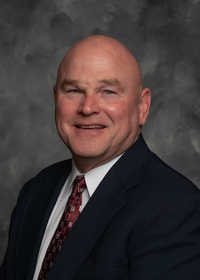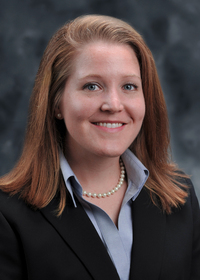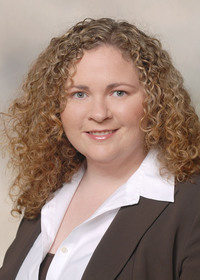Information Possibly Outdated
The information presented on this page was originally released on May 22, 2020. It may not be outdated, but please search our site for more current information. If you plan to quote or reference this information in a publication, please check with the Extension specialist or author before proceeding.
Extension assists in food distribution, education
STARKVILLE, Miss. -- More than 19% of Mississippians were food insecure before COVID-19 prevention measures shut down much of the state’s commerce. Now, layoffs and missing paychecks make it even more difficult for many to access proper nutrition.
This situation is one reason why the Mississippi Emergency Management Agency has a Comprehensive Emergency Management Plan (CEMP) with 16 Emergency Support Functions, or ESFs. ESF 6 covers mass care, emergency assistance and human services -- including sheltering and feeding disaster survivors. Any of the ESFs can be activated when a state of emergency is declared.
The Mississippi State University Extension Service is one of the supporting agencies written into the emergency management plan, and several Extension agents have participated in food drives in the last month to help people in need.
Each of the major food banks that serve the state -- Mid-South Food Bank, Mississippi Food Network and Feeding the Gulf Coast -- have reported 55% to 60% increases in food demand directly related to the COVID-19 pandemic, said state mass care coordinator Alynda Ponder.
Ponder said the agency she represents -- the Mississippi Department of Human Services -- has leveraged its resources to assist residents enrolled in the Supplemental Nutritional Assistance Program and to augment the Home Delivered Meals Program for older adults. However, the nature of this emergency has created challenges in distribution, supply and ability to afford food.
“Food banks have had a shortage of volunteers to help with pantries and mobile deliveries because many volunteers are at a high risk for COVID-19 infection,” Ponder said. “When we are working a disaster and there is a feeding need, we work with a task force of various partners, state agencies and nongovernmental organizations who can provide solutions to those needs.”
One example of Extension’s collaboration with local entities is in northeast Mississippi, where agents helped facilitate mobile food pantry drives held by Mid-South Food Bank and sponsored by Toyota Mississippi and the PUL Alliance in Pontotoc, Prentiss, Lee and Union counties.
Held in late April and early May, these four drives provided food for 500 households per county. County-owned, Extension-used buildings served as distribution centers for two of the drives. Skip Glidewell, MSU Extension agriculture agent and county coordinator in Prentiss County, helped volunteers deliver produce and other food items to recipients, who remained in their cars to maintain social distancing guidelines.
“When you work for an organization like Extension, your top priority is to help people, and this was a great opportunity to do that,” Glidewell said. “Emergency response begins at the local level, and I think that response is most effective when you have different agencies and local businesses pitching in.”
In addition to participating in food distribution, Lance Newman, MSU Extension agriculture agent and county coordinator in Lafayette County, represented Extension in a virtual meeting on gardening during COVID-19. The meeting, which had nearly 100 attendees, was hosted by the Division of Outreach and Continuing Education at the University of Mississippi. Newman said the focal point of the meeting was to promote healthy living and motivate people to get out and begin planting while learning about plants, vegetables and soil.
“As the local Lafayette County Extension agent, it was a very helpful opportunity that allowed me to interact with local residents and form a partnership with another university,” Newman said. “We plan to conduct more meetings in the future, while utilizing other MSU Extension resources and agents. In the situation we as a community are currently in, we have to be innovative and creative to reach residents and technology helps us do just that.”
Linda Mitchell, regional Extension coordinator with the North Mississippi Research and Extension Center, said she was inspired by Extension agents’ efforts to assist in food distribution and donations and to provide nutritional information to clients during this time.
“MSU Extension agents are known for their can-do attitudes and their dedication to providing research-based information under normal circumstances,” Mitchell said. “These circumstances are far from normal, but they are stepping outside their comfort zones to provide alternative delivery methods for programming.”










